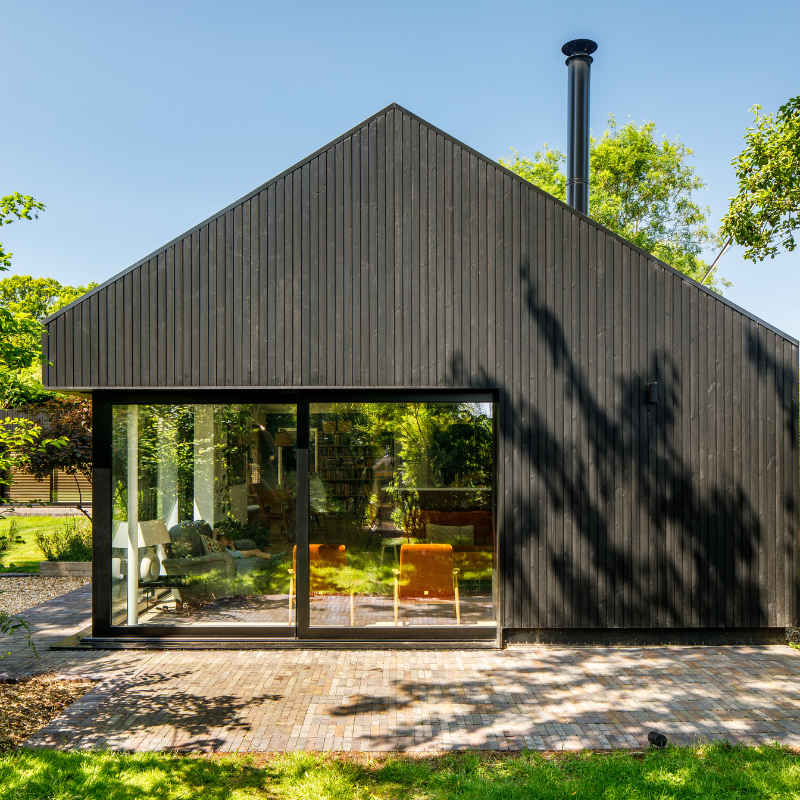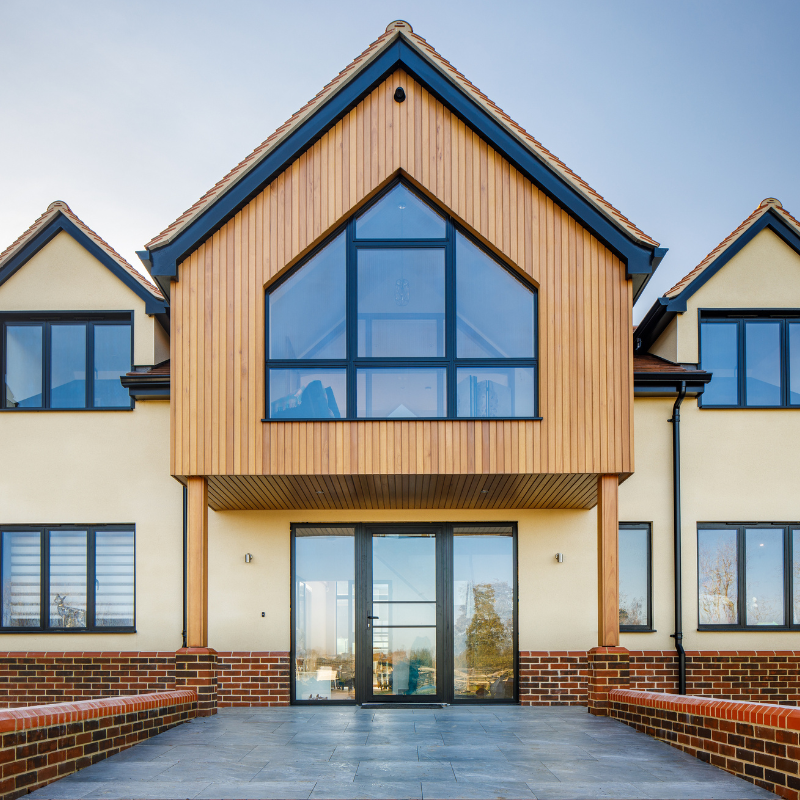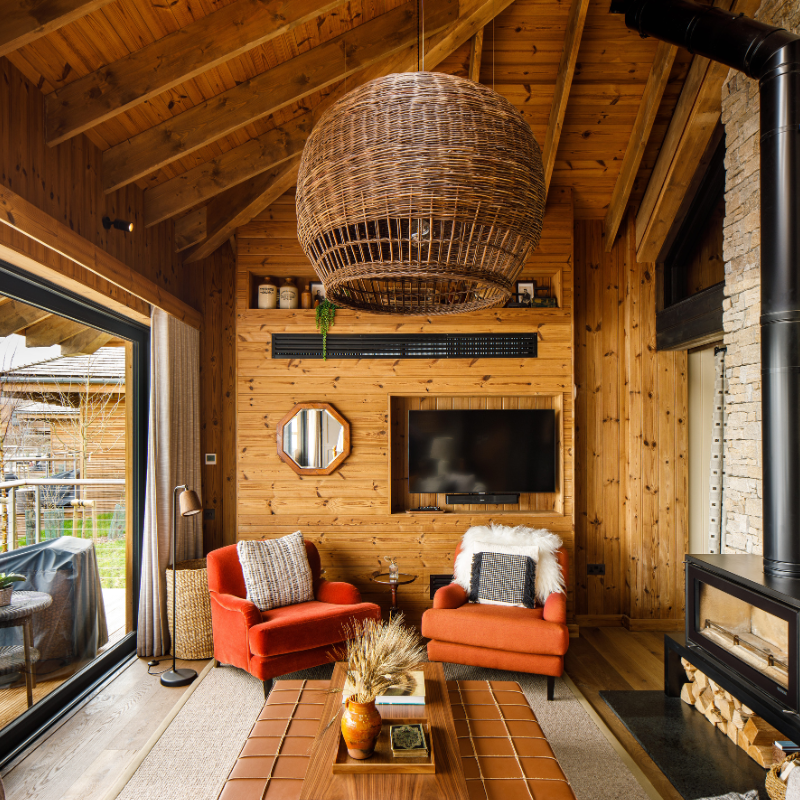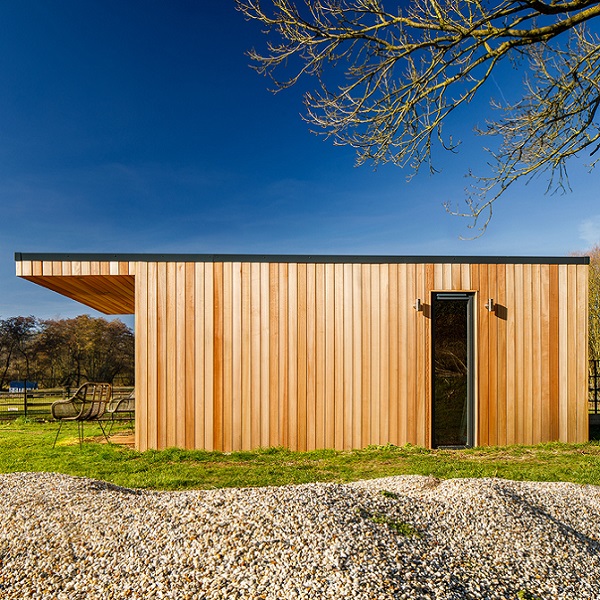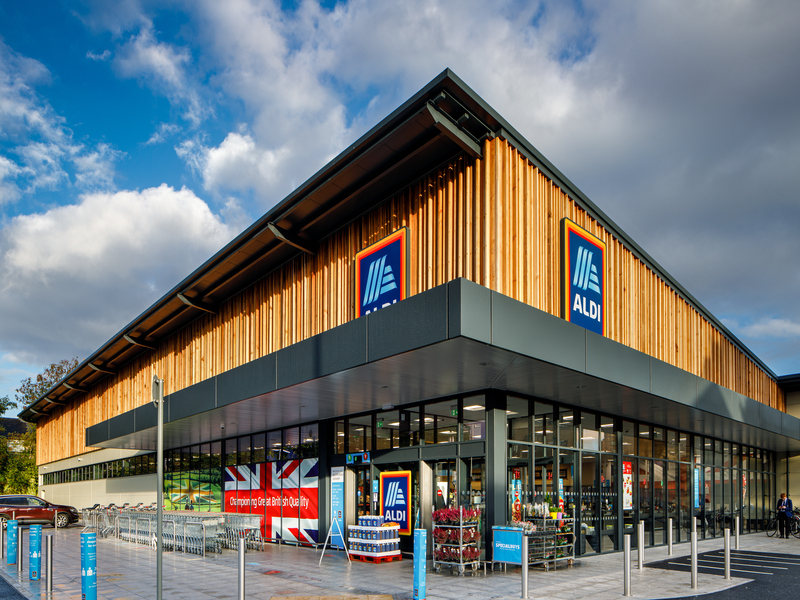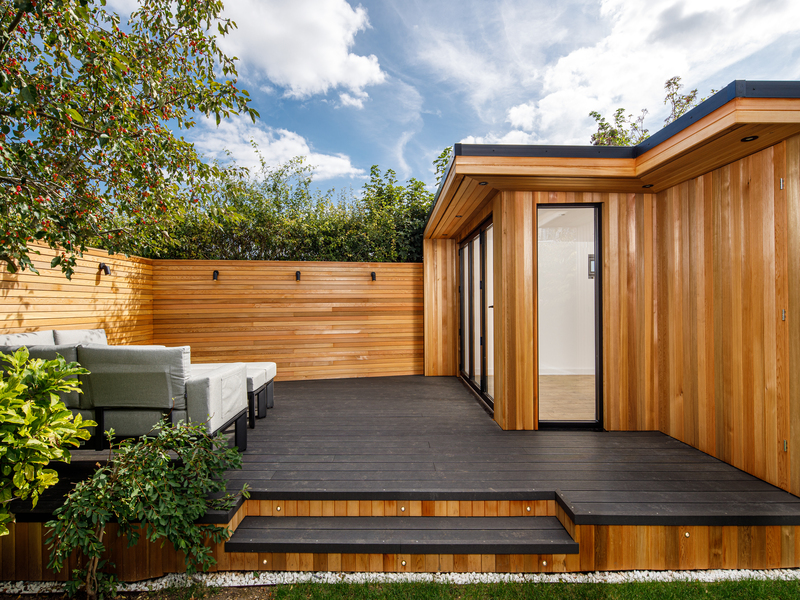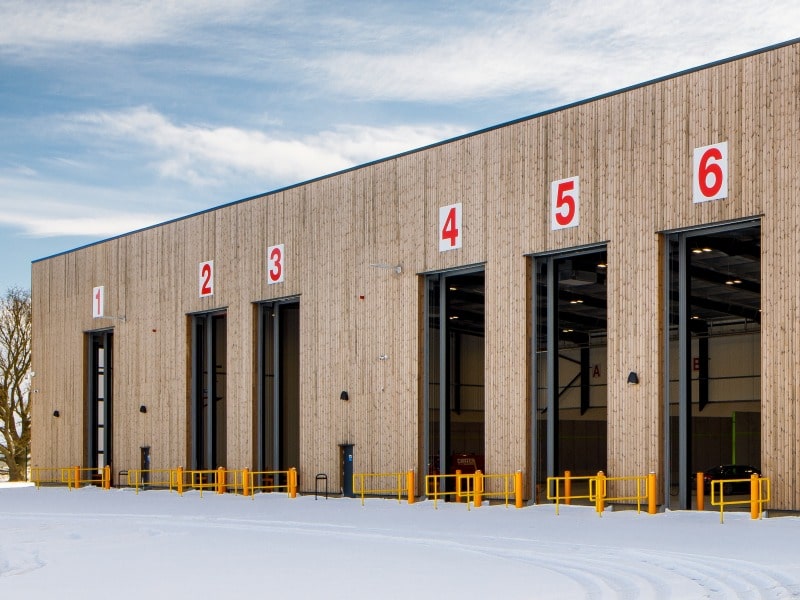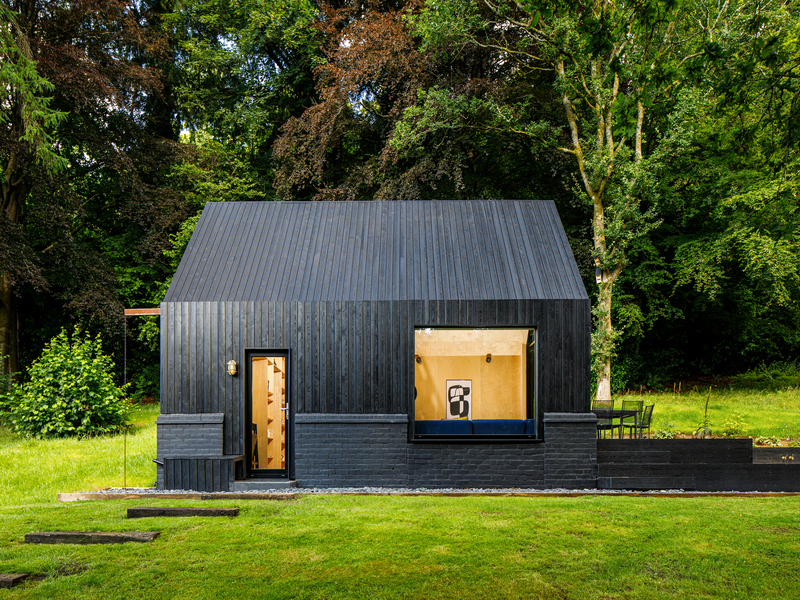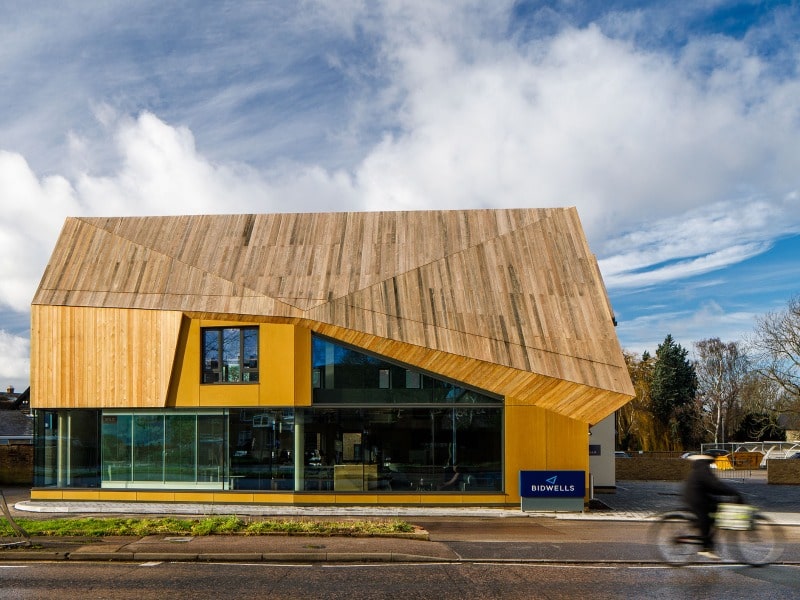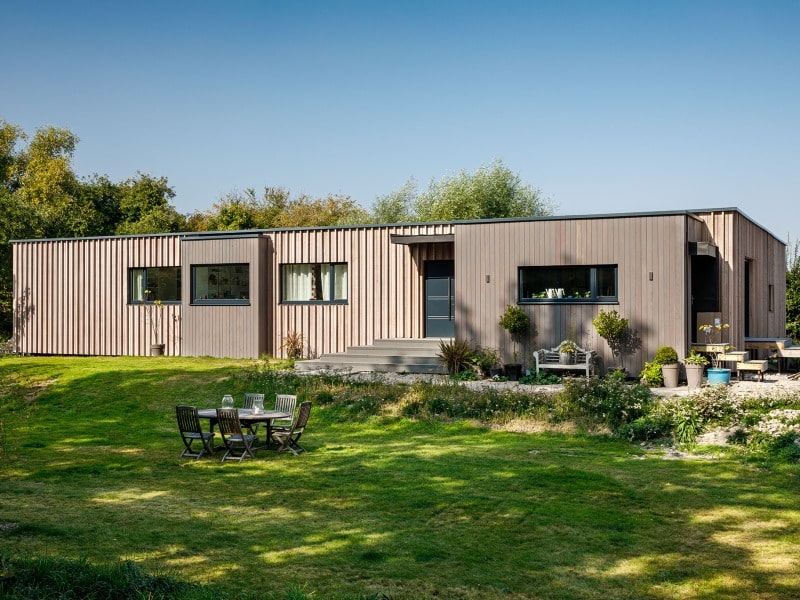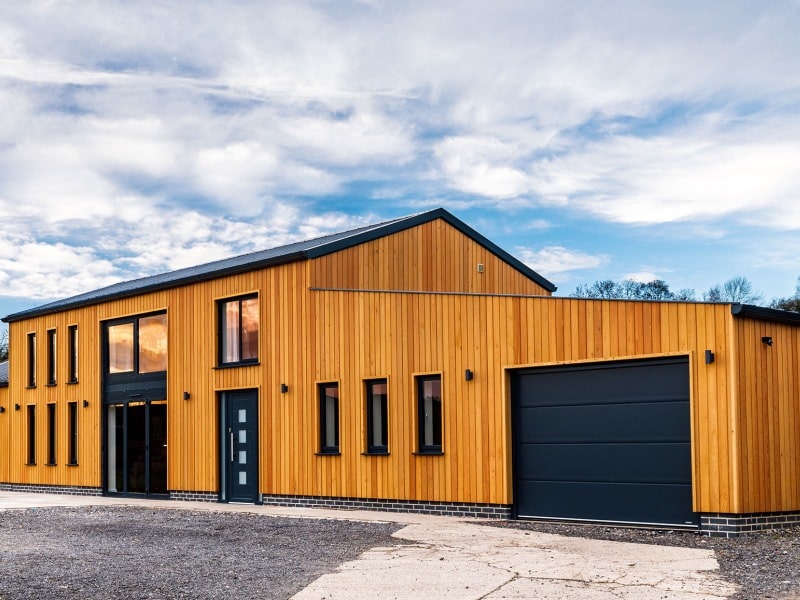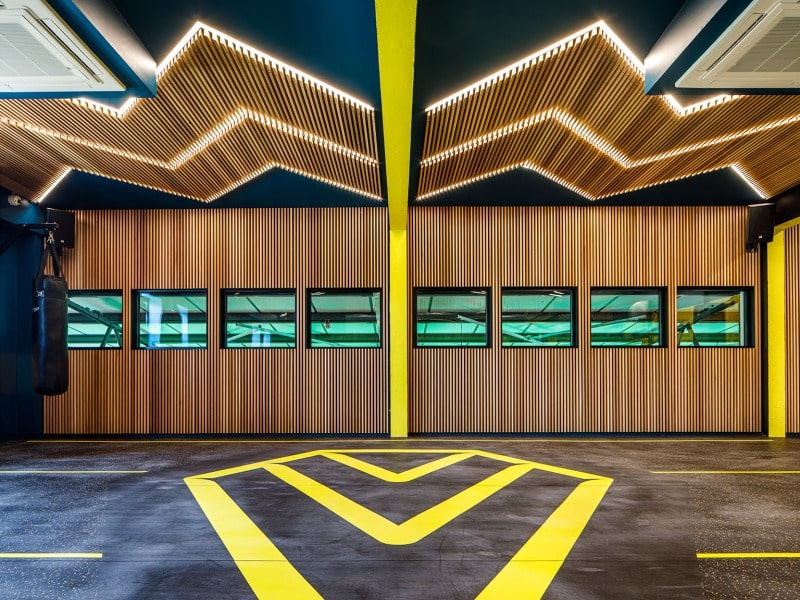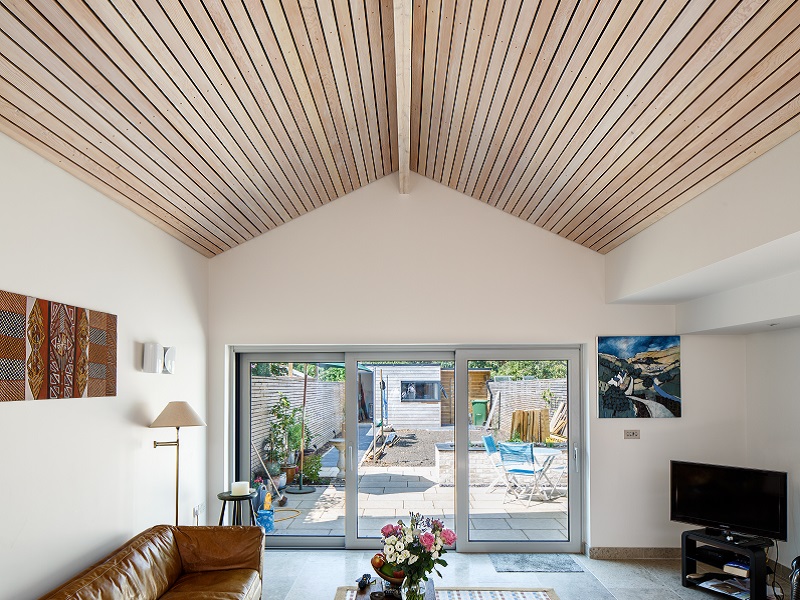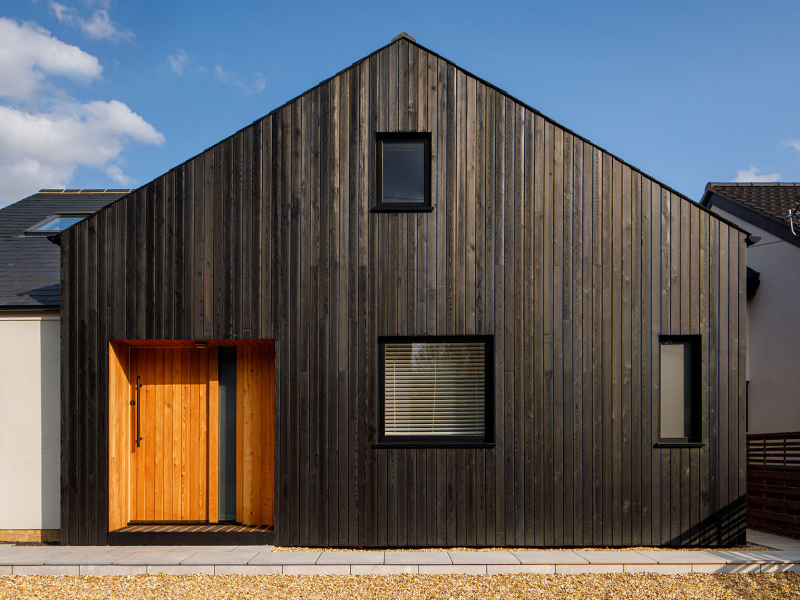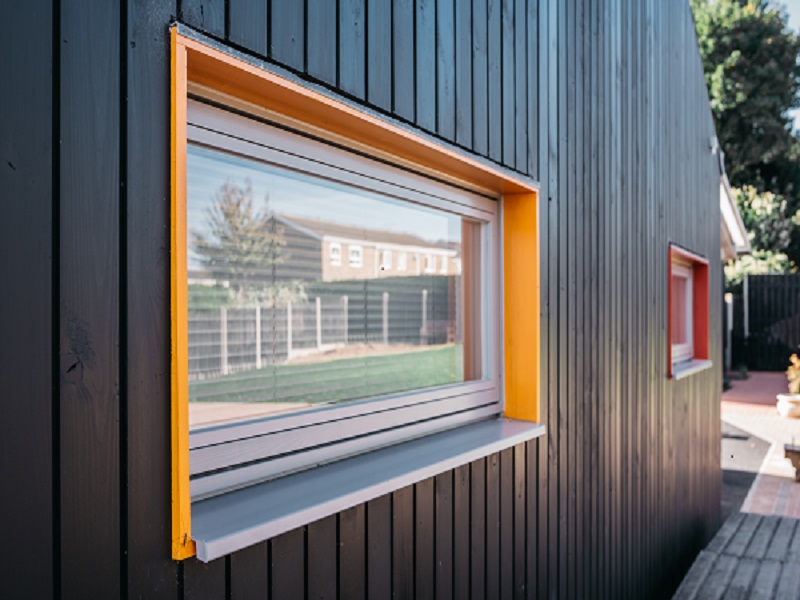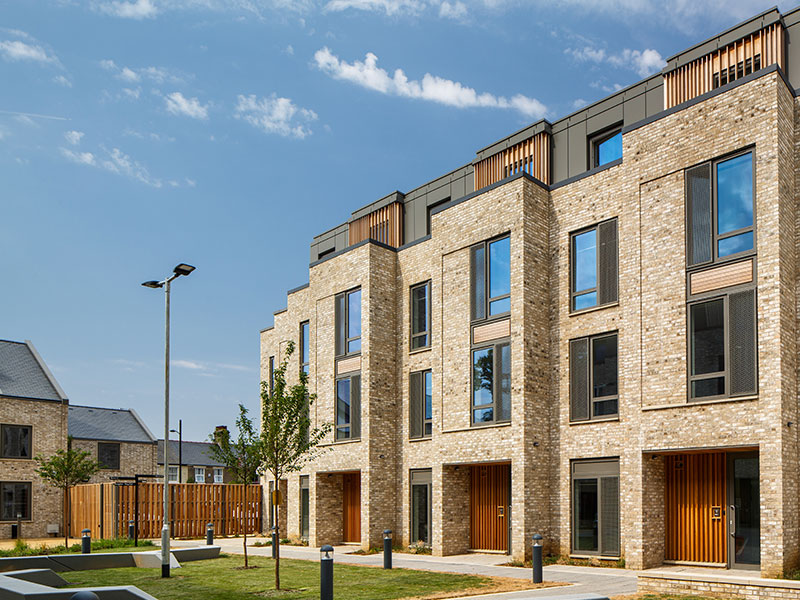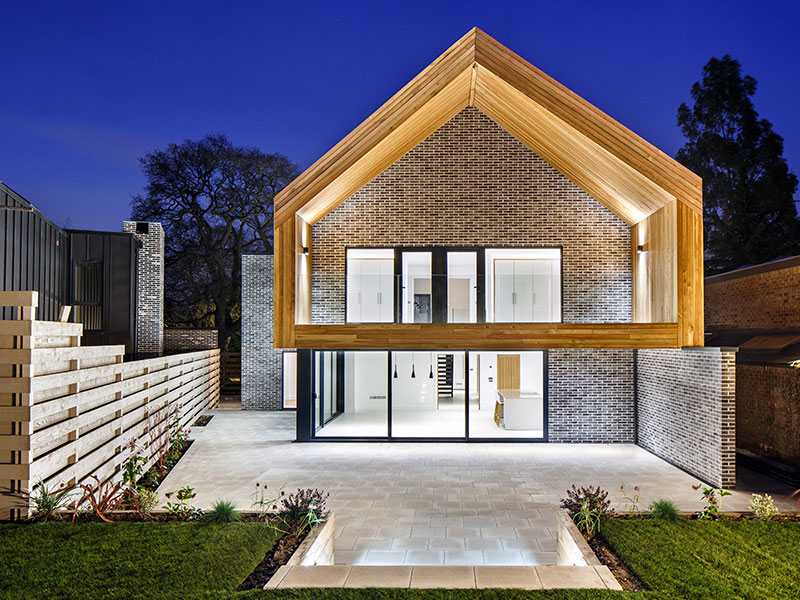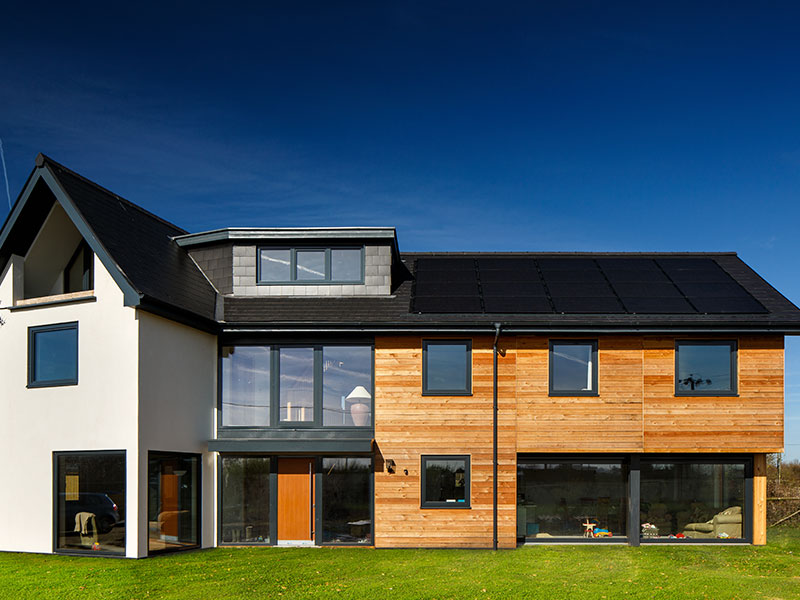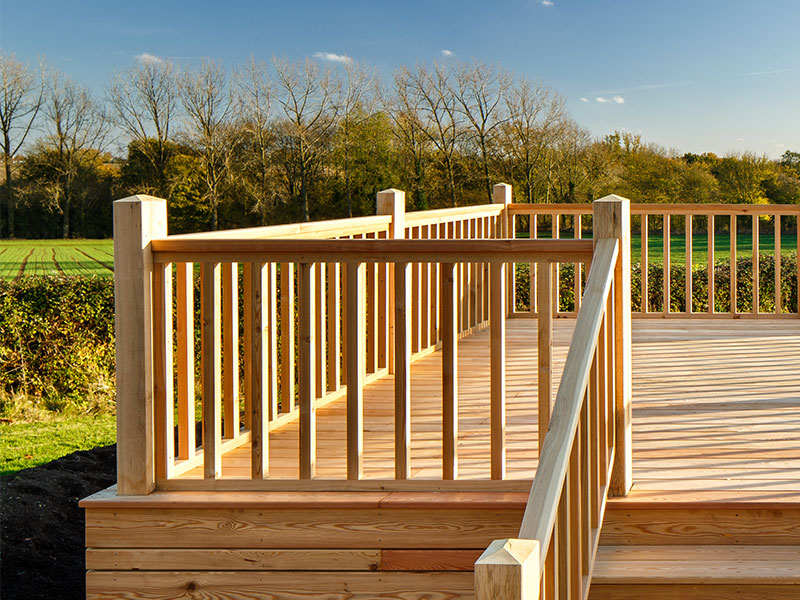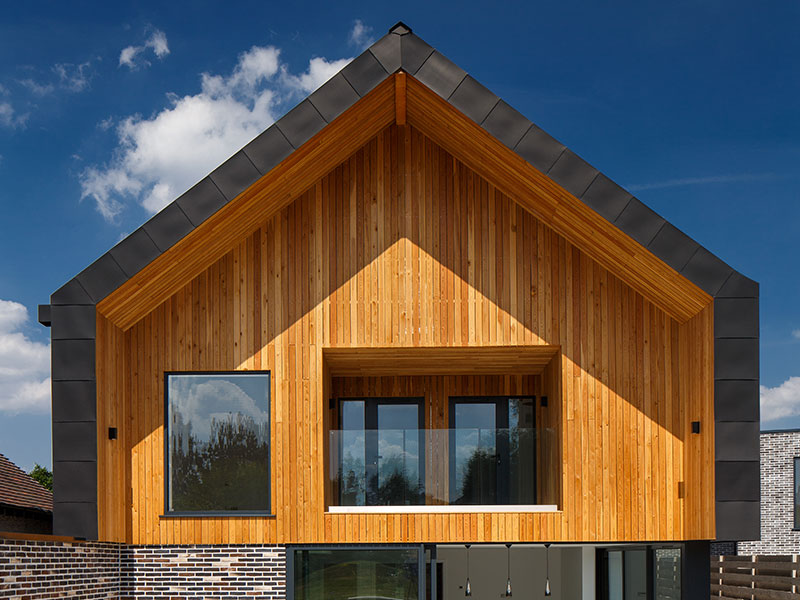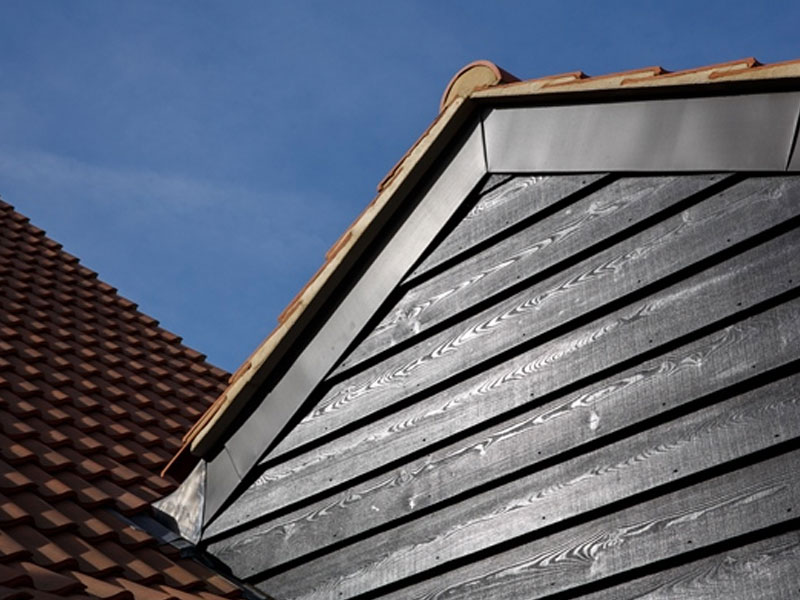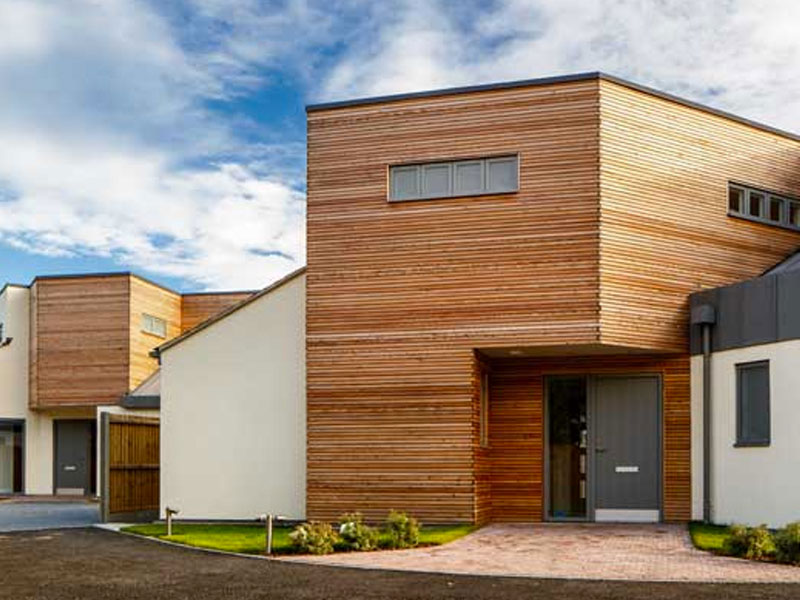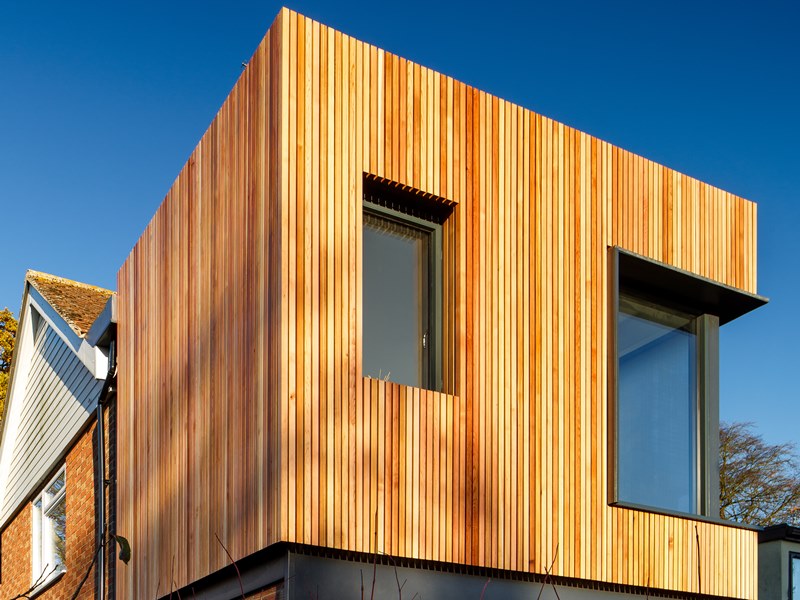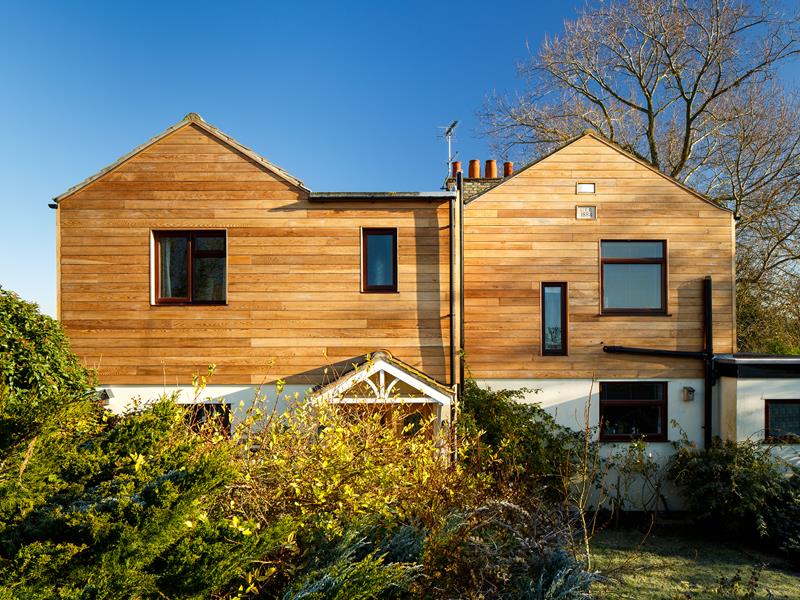The Vital Role of the Self-Build Industry in the UK Housing Landscape
30th November 2023
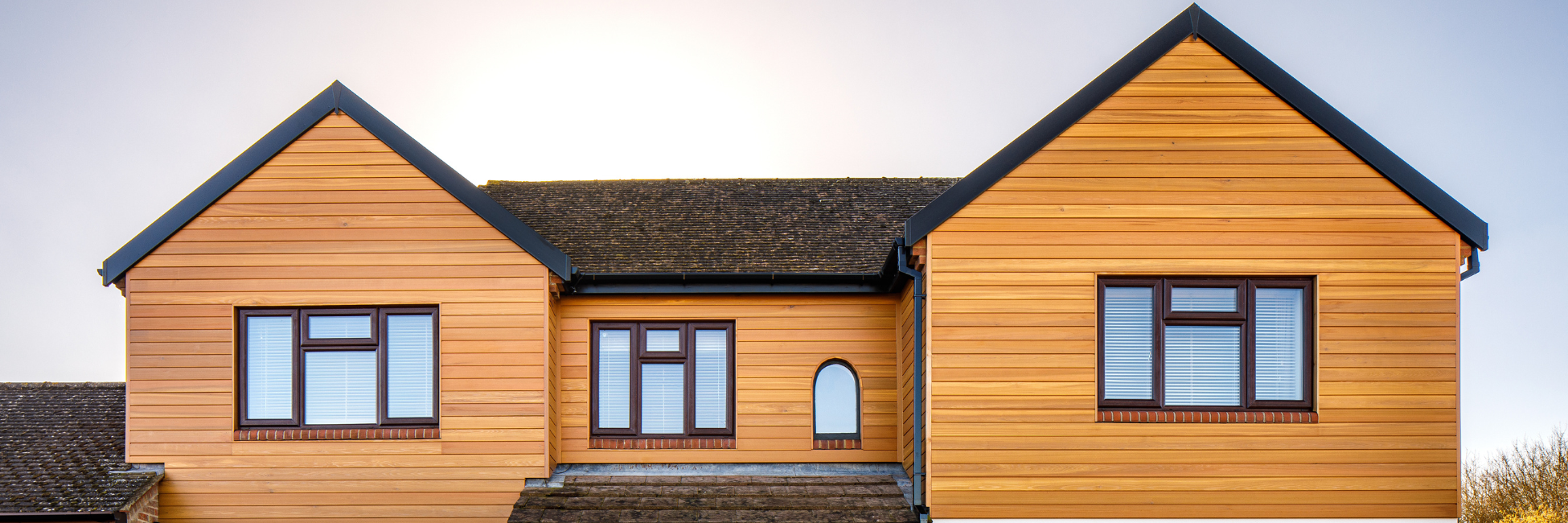
This November Millworks were thrilled to share that our Mokuzai® ‘Charred’ won the title of Best Cladding Product at the 2023 Build It Awards. The Build It awards bring together manufacturers and architects in recognition of innovation and excellent in the custom and self-build home sector. In the ever-evolving market of housing in the UK, the self-build industry has emerged as a pivotal player, shaping not only the physical landscape but also nurturing a sense of community empowerment and sustainability.
As demand for housing continues to soar, the self-build sector stands as a beacon of innovation, offering a unique and personalized approach to homeownership. At the heart of the self-build movement is the idea that individuals have the ability to construct their own homes, tailoring every aspect to meet their specific needs and preferences. This level of personalization not only fulfils the dreams of aspiring homeowners but also contributes to the diversity and richness of the overall housing stock in the UK.
One of the key advantages of the self-build industry is its potential to address the ongoing housing crisis. With a growing population and urban regeneration trends, the demand for affordable and quality housing has never been higher. Self-build projects, ranging from small-scale home renovations to larger community-driven initiatives, offer a viable solution by providing housing that is not only cost-effective but also designed with a deep understanding of the inhabitants’ lifestyle and requirements.
Moreover, the self-build sector promotes a sense of community engagement and collaboration. Community-led housing projects have gained momentum, where individuals come together to pool resources, share skills, and collectively design and build their homes. This collaborative spirit not only fosters a sense of belonging but also promotes sustainable and eco-friendly practices, as communities often prioritise energy efficiency and environmental considerations in their projects.
In terms of economic impact, the self-build industry plays a significant role in generating employment and supporting local businesses. From architects and builders to manufacturers and suppliers, the sector creates a ripple effect that stimulates economic growth at the grassroots level. As more individuals opt for self-build projects, there is a surge in demand for construction materials, labor, and various services, thus contributing to the overall economic development of the regions involved.
Likewise, the self-build movement aligns with the UK government’s commitment to sustainability and energy efficiency. Many self-builders embrace green building practices, incorporating renewable energy sources, energy-efficient technologies, and sustainable materials. This not only reduces the environmental footprint of housing but also sets a precedent for future developments in the broader construction industry.
Despite the numerous advantages, the self-build industry faces challenges that hinder its widespread adoption. Issues such as access to suitable land, financing, and navigating planning regulations can pose obstacles for aspiring self-builders. Recognising these challenges, the government has taken steps to streamline processes and provide support, signalling a commitment to nurturing the growth of this sector.
The self-build industry in the UK is not merely about constructing houses; it’s a movement that empowers individuals and serves as a model for a more inclusive and sustainable future. At Millworks high quality standards and innovative engineering techniques drive how we develop products for modern living and sustainable architecture. We pay particular attention to timber performance and longevity to ensure that you can specify our products with absolute confidence.



